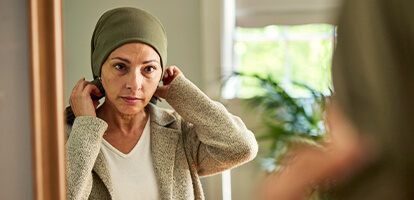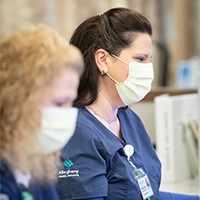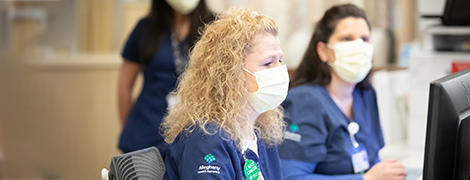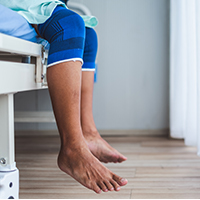Hear from people who turned to AHN for remarkable care. They are living proof, a testament to the care and attention we aim to give every single person who walks through our doors.

Hear from people who turned to AHN for remarkable care. They are living proof, a testament to the care and attention we aim to give every single person who walks through our doors.

Derek is an adrenaline junkie and was never expecting to need an emergency heart transplant. After receiving top care from AHN cardiologists, Derek is back to the activities he loves.

We see you before the unexpected happens. We see you after you make a full recovery. We see you through.



When you have health questions, talk with a nurse — free of charge.



Call weekdays from 7:00 AM to 5:00 PM (closed weekends and holidays).
With more than 50 hospital and care locations, we make it easy for you to get high-level individualized care right where your patients live and work. Find a specialist from a list of over 1000 in-network specialists.